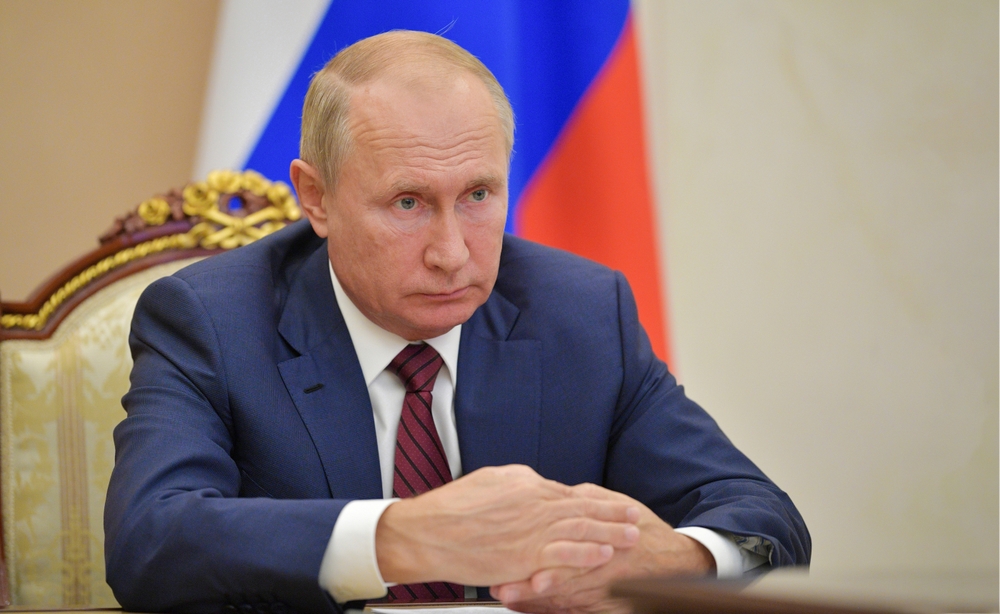Putin has just signed a very ambitious plan for Russia.
Others are reading now
Russian President Vladimir Putin recently signed a presidential decree setting ambitious goals for Russia’s development through 2030.
Amid sanctions and economic challenges, the Kremlin’s decree envisions Russia leaping into the world’s top four economies by GDP based on purchasing power parity within the next six years. This is reported by Moscow Times.
Economic Growth Despite Challenges
The decree outlines significant economic objectives, including a 60% increase in investment, a two-thirds increase in non-energy exports, a 25% boost in agricultural production, and a 1.5-fold increase in its export.
This comes at a time when Russia faces increasing sanctions and technological isolation.
Also read
The roadmap also targets a substantial growth in the scientific research and industrial robotics sectors, aiming to place Russia within the top ten and top twenty-five countries globally, respectively.
High-Tech and Self-Sufficiency
Putin’s directive demands a strong shift towards domestic high-tech products, increasing their market share by 50%.
Furthermore, it emphasizes reducing the import of foreign goods to 17%—the lowest level since the Soviet era—and boosting the added value of the non-raw materials sector by 40%.
Improving Quality of Life
The decree also focuses on social improvements, setting a goal to cut the poverty rate to 7% and the rate among large families to 12% by 2030.
A significant increase in minimum wages—doubling it to 35,000 rubles—is also mandated to keep pace with inflation, along with ensuring a steady growth in income and pension levels.
In addition to economic targets, Putin’s plan stresses the importance of cultivating a patriotic and socially responsible citizenry.
It sets the ambitious demographic goals of increasing the birth rate from 1.6 to 1.8 children per woman and boosting the proportion of youth who believe in their future within Russia to 85%.
The decree plans for 70% of state-funded cultural content to promote traditional spiritual and moral values within six years, increasing to 80% in twelve years.
However, the ambitious goals set by Putin’s previous decrees have seen mixed results.
For instance, the objectives set in 2018 for GDP growth and poverty reduction were not fully met, and Russia has continued to experience a natural population decline.


